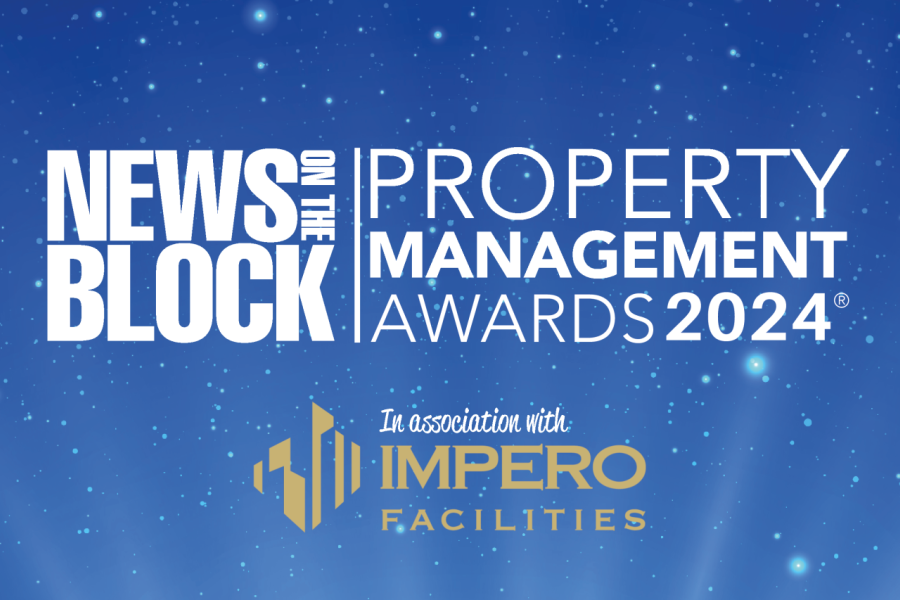Housing has emerged as a key talking point during Labour’s first few days in government, with Rachel Reeves yesterday announcing mandatory housing targets.
This comes at a fractious time for UK renters, from attempts to ban no fault evictions to soaring costs and poor conditions. That’s why it’s more important than ever, experts say, to avoid falling victim to many of the issues faces by thousands of people annually.
In response, industry expert Jonathan Pitt from the UK’s largest listed provider of rental homes, Grainger plc, has today shared his six ‘must know’ rights as a renter.
- Live in a property that’s safe and in a good state of repair
As a renter, you should have the right to live in a property which is safe and in a livable state. It’s down to you to assess this prior to entering into a rental agreement and to set boundaries on what is acceptable.
- Have your deposit returned when the tenancy ends
At the end of your tenancy, the landlord should return the deposit within a specified window. It’s the landlord’s responsibility to protect the deposit through a Government-approved tenancy deposit protection scheme. It is important that you check where the deposit will be kept, to ensure you’re clear with the process.
- Know who your landlord is, and who is responsible for day-to-day management
Learning who the landlord and if applicable, property manager, is will enable you to establish if they’re legitimate and trustworthy, while helping you understand their expectations and management style. If you do not know who your landlord is, write to the person or company you pay rent to. Your landlord can be fined if they do not give you this information within 21 days.
- Make sure your tenancy agreement is fair and compliant with the law
In addition to a valid tenancy agreement, you should receive a copy of the How to Rent Guide and Energy Performance Certificate for the property. It’s important to know the EPC rating of your property which will help indicate what your energy bills might be like. Ideally, you should aim for a property with an EPC rating from A-C, representing the highest levels of energy efficiency.
- Pay other charges as agreed with the landlord
Besides the obvious rental costs, often you are responsible for all other expenses. It’s crucial to find out your rates early on, whether it be council tax bands, local water suppliers, electricity or gas suppliers, to ensure you’re on the correct and best rate, avoiding any unwelcome surprises further down the line.
- Only sublet a property if your landlord allows it
Most contracts have a clause stating that you may only sublet your property with your landlord’s permission. You must ensure this is permitted before engaging in a sublet to avoid any negative repercussions and potential eviction from the property.
Jonathan Pitt, Director of Lettings and Residential Marketing, said: "Knowing your rights as a renter is paramount before engaging in a rental agreement, whether that be private rental or build-to-rent.
“It’s important to know exactly what you’re getting into, what you can and can’t do with regards to your rental property, and to develop a smooth plan of action to ensure smart rental decisions.
“Determining the key details of your rental property is the first step to securing a suitable rental agreement and home which is fit for purpose and, more importantly, right for you as an individual.”




